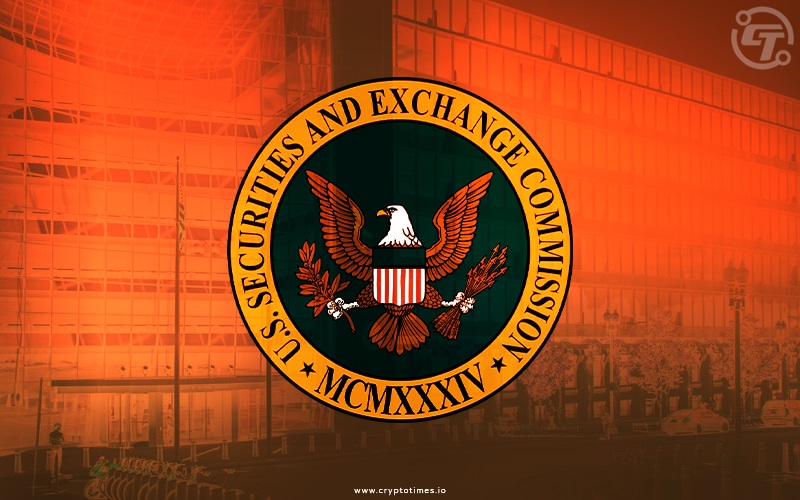The U.S. Securities and Exchange Commission (SEC) just made history with its largest-ever whistleblower award, a whopping sum of almost $279 million. This momentous achievement surpasses the previous record-breaking whistleblower award of $114 million, issued by the SEC in October 2020.
Gurbir S. Grewal, the Director of the SEC’s Division of Enforcement, expressed his satisfaction with the size of the award. He emphasized that such a substantial sum not only provides a strong incentive for whistleblowers to step forward with accurate information about potential violations of securities law but also underscores the resounding success of the SEC’s whistleblower program.
This program has proven instrumental in protecting investors’ interests, as tips from whistleblowers have contributed to enforcement actions that have resulted in wrongdoers being compelled to relinquish over $4 billion in illicit gains and interest.
Creola Kelly, Chief of the SEC’s Office of the Whistleblower, acknowledged the invaluable contribution of the whistleblower. Their sustained assistance, including multiple interviews and written submissions, played a pivotal role in the successful outcome of the enforcement actions.
It is important to note that the funds allocated for whistleblower awards are derived from an investor protection fund established by Congress. This fund is solely financed by monetary sanctions paid by securities law violators to the SEC.
To qualify for an award, whistleblowers must voluntarily provide the SEC with original, timely, and credible information that leads to a successful enforcement action, and they must adhere to the filing requirements outlined in the whistleblower rules.
Depending on the circumstances, whistleblower awards can range from 10 to 30 percent of the funds collected when the monetary sanctions exceed $1 million.
The SEC, in accordance with the Dodd-Frank Act, upholds the confidentiality of whistleblowers and takes great care to safeguard their identities. The Commission does not disclose any information that could potentially unveil the identity of a whistleblower, ensuring their protection and encouraging others to come forward without fear of reprisal.
Also Read: SEC Relents on Digital Asset Classification in Hedge Fund Rules






